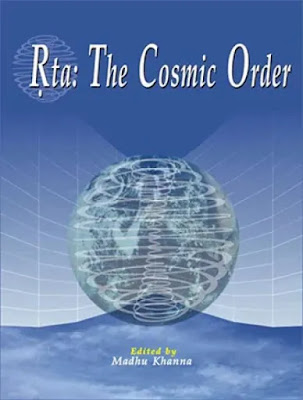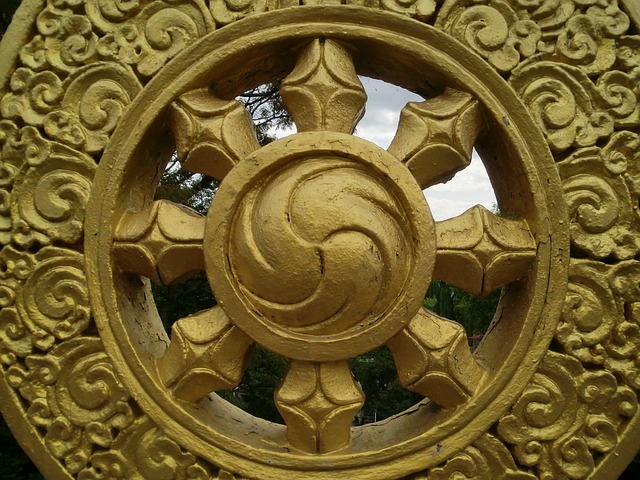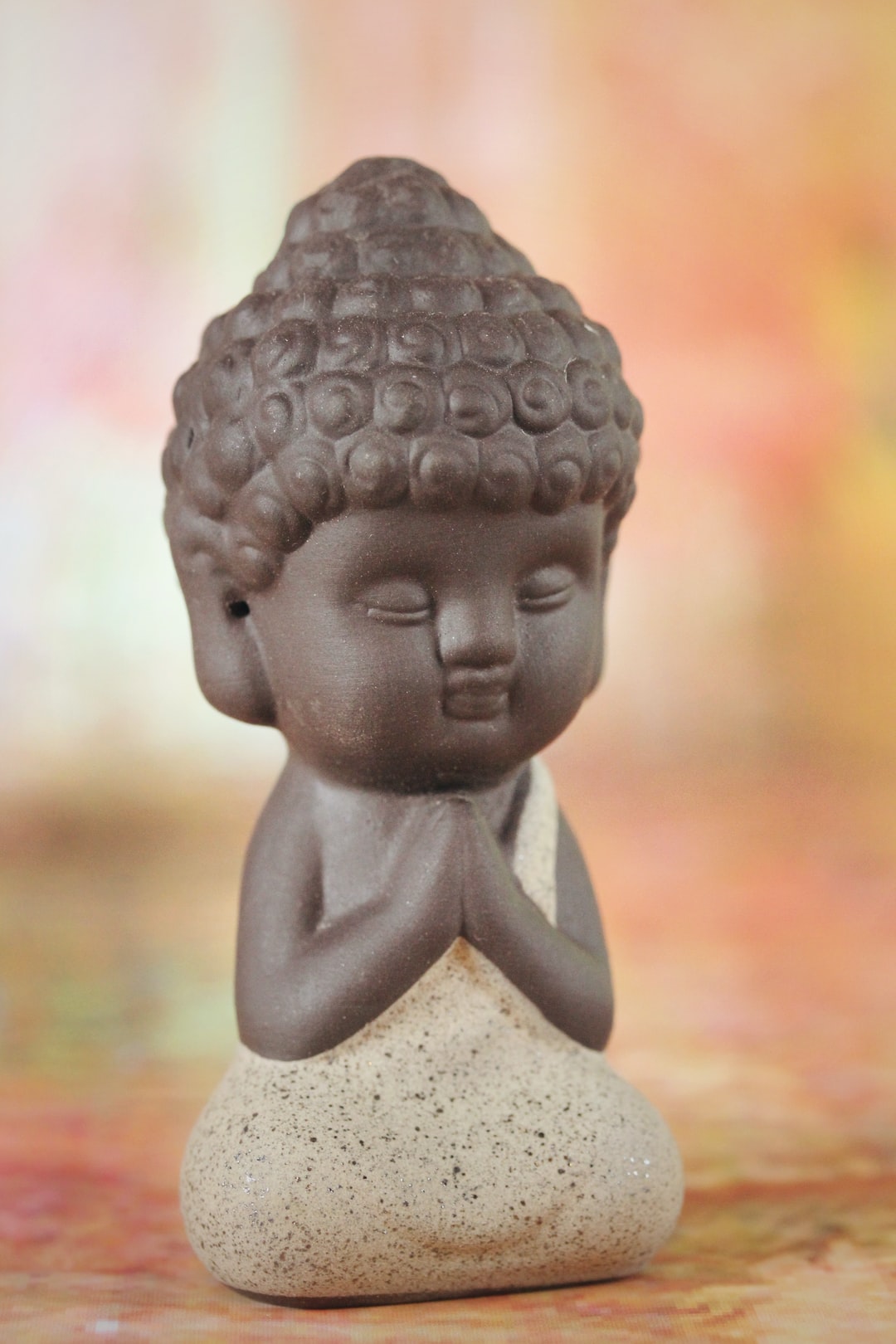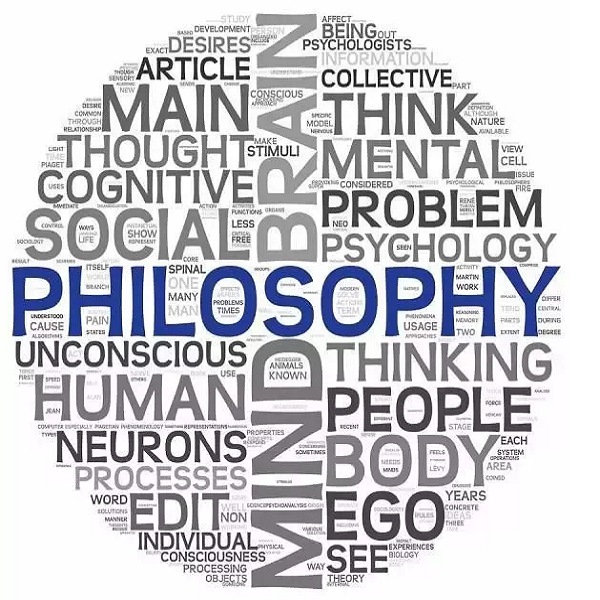A GENERAL IDEAS OF WESTERN PHILOSOPHY

Wonder is said to be the origin of philosophy . In the early human life on this planet, when a man was struck with wonder at the natural phenomena or when he found complex and conflicting phenomena in life and was filled with discontentment at the existing order of things, it was the beginning of philosophy . While the philosophy of Vedas began in wonder, the philosophy of Gautam Buddha began in discontentment with the miserable world. In the West, the early beginning of philosophy was in wonder, while the modern Western philosophy had its origin in doubt. This wonder and doubt gave rise to several types of problems. Some examples of the philosophical problems are What is the real nature of man? What is the end of this life? What is the nature of this world in which he lives? Is there any creator of this world. These are some of the many problems taken at random, which we find agitating the human mind in every land, from the very dawn of civilization. Western philosophy has rem...














